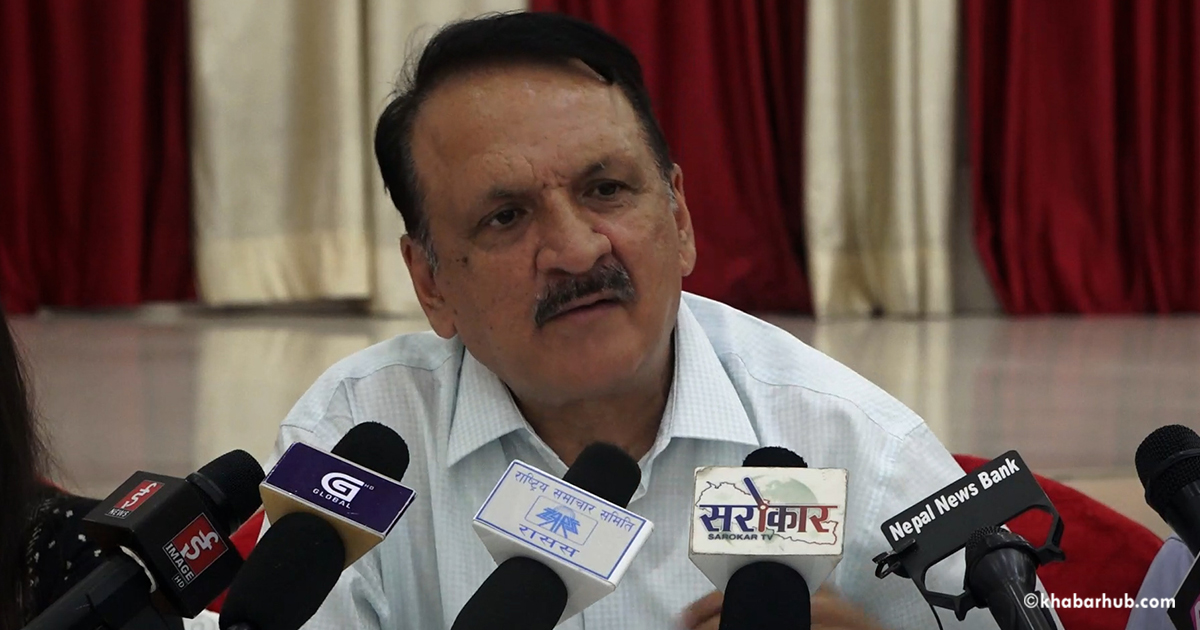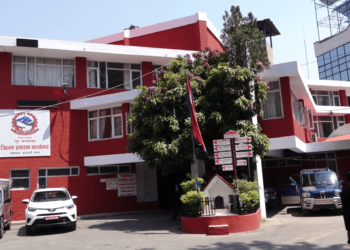KATHMANDU: In a discussion on “Nepal’s economic situation and upcoming monetary policy,” Finance Minister Dr Prakash Sharan Mahat emphasized the importance of a liberal monetary policy to boost economic activities.
He asserted that addressing the policy rate issue in determining the upcoming fiscal year’s monetary policy would result in a vibrant economy.
Minister Mahat highlighted the impact of a liberal economic policy introduced to drive post-COVID-19 recovery but later restricted due to external economic factors, leading to challenges in the domestic economic landscape.
He stressed the need for collaboration between the Finance Ministry and the Nepal Rastra Bank to promote the nation’s economy, expressing the government’s desire for an independent NRB that actively contributes to overall economic improvement.
To effectively operate the economy, he underscored the necessity of aligning fiscal and monetary policies.
Regarding the government’s fiscal policy, Minister Mahat emphasized its focus on economic improvement. However, he acknowledged limited capital flow due to high costs, hindering the economy’s vibrancy.
The government has prioritized fiscal discipline by controlling unnecessary budget transfers. The minister expressed confidence in achieving a six percent economic growth target in the upcoming fiscal year.
Member of the House of Representatives, Metmani Chaudhary, urged prompt identification and resolution of existing economic problems, emphasizing the need to revive Nepal’s economy. The suggestions collected for the upcoming Fiscal Year 2023/24 Monetary Policy would be submitted to the Nepal Rastra Bank, according to Chaudhary, who also serves as the president of the Economic Discussion Forum.
Economist Dr. Dilliraj Khanal emphasized that problems in the banking and financial sectors would have repercussions for the entire economy. Although progress has been made, the economy is still in crisis, with increased liquidity but limited loan expansion in productive sectors. He highlighted issues such as investment in unproductive sectors, a concentration of loans in large business houses on concessional terms, and challenges in cooperatives that need improvement.
Economist Dr. Chandrakanta Adhikari noted that the GDP does not reflect the sector-wise loans’ impact, with minimal contributions from agriculture, hydropower, and other sectors compared to the loan amounts issued to them. This disparity raises concerns about the effectiveness of loan allocation.
Former banker Anal Raj Bhattarai stated that the current market demand has contracted and emphasized the importance of the upcoming fiscal year’s Monetary Policy in creating a favorable environment for private-sector businesses.









Comment